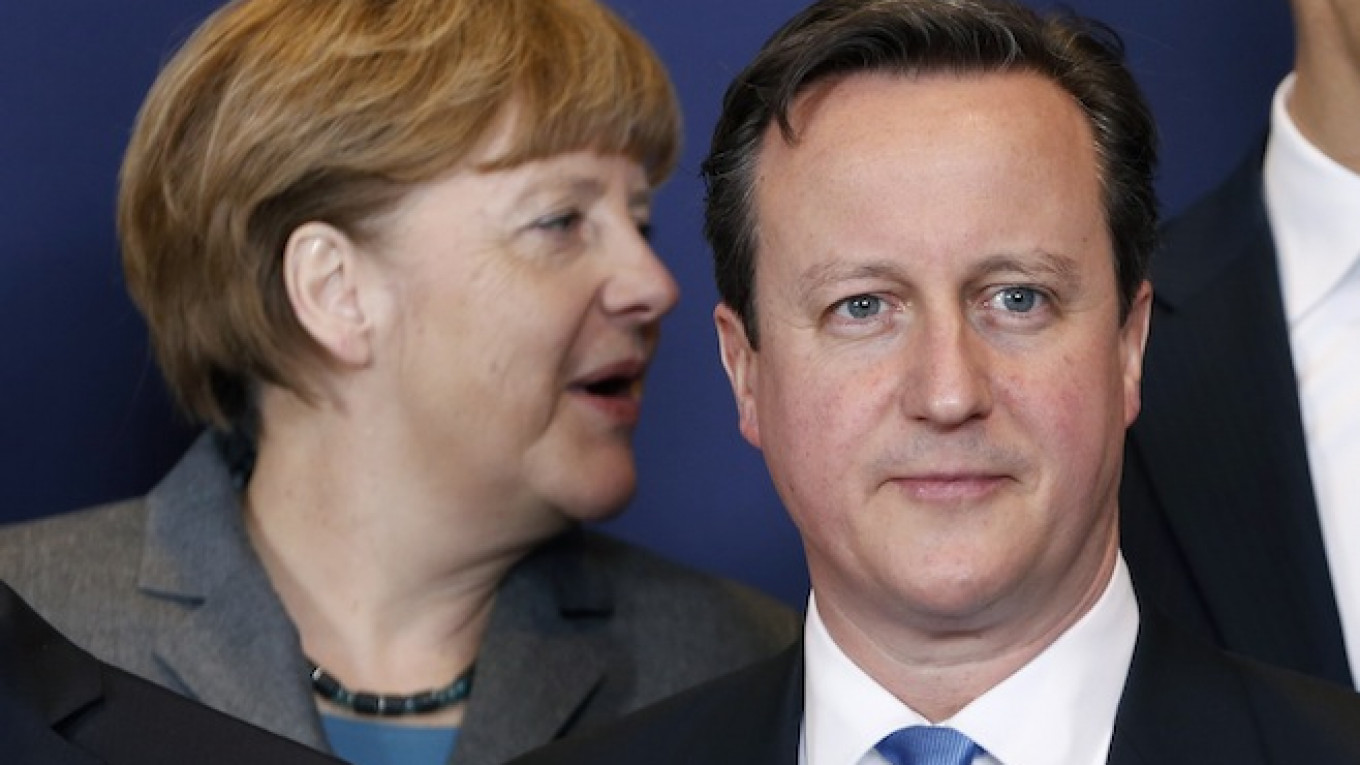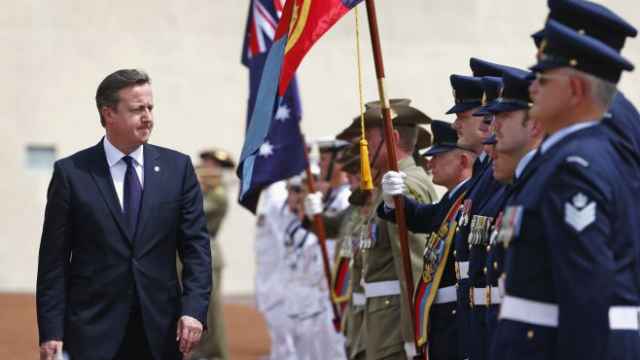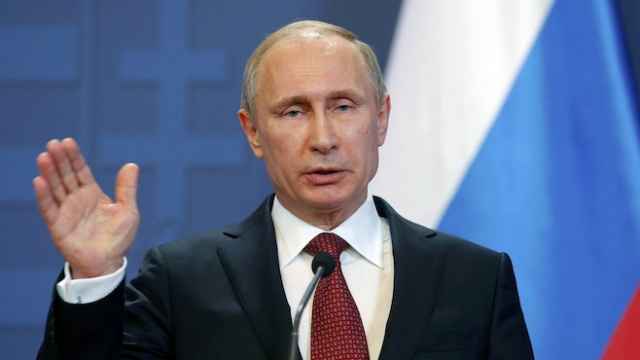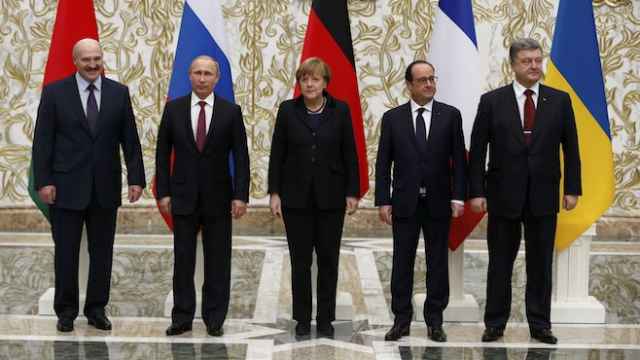LONDON — The EU and Britain "sleepwalked" into the Ukraine crisis, failing to grasp its exceptional nature and lacking the ability to read political shifts in Russia, British lawmakers said in a report on Friday.
The findings were released as fighting continued in eastern Ukraine, despite European efforts to resurrect a stillborn cease-fire.
In their report, lawmakers from the upper house of Britain's parliament heaped criticism on Moscow, which they said had been gradually turning away from Europe and had misread Ukraine's appetite for a trade deal with the EU.
But the House of Lords' EU Sub-Committee on External Affairs reserved some of its harshest criticism for the EU and Britain, saying they had made a series of errors in the run-up to the crisis and were partly to blame for the situation unravelling.
"There has been a strong element of 'sleepwalking' into the current crisis, with member states being taken by surprise by events in Ukraine," the report said, saying the EU's absence of political oversight over trade talks with Kiev had been glaring.
"A loss of collective analytical capacity has weakened member states' ability to read the political shifts in Russia and to offer an authoritative response," it added, saying the EU had failed to appreciate "the exceptional nature" of Ukraine.
Lawmakers also said that Britain, as a signatory to the 1994 Budapest Memorandum, had a particular responsibility to Ukraine but had not been as active or as visible as it could have been.
The memorandum guaranteed Ukraine's territorial integrity in exchange for its renouncing of its nuclear arsenal.
A Message from The Moscow Times:
Dear readers,
We are facing unprecedented challenges. Russia's Prosecutor General's Office has designated The Moscow Times as an "undesirable" organization, criminalizing our work and putting our staff at risk of prosecution. This follows our earlier unjust labeling as a "foreign agent."
These actions are direct attempts to silence independent journalism in Russia. The authorities claim our work "discredits the decisions of the Russian leadership." We see things differently: we strive to provide accurate, unbiased reporting on Russia.
We, the journalists of The Moscow Times, refuse to be silenced. But to continue our work, we need your help.
Your support, no matter how small, makes a world of difference. If you can, please support us monthly starting from just $2. It's quick to set up, and every contribution makes a significant impact.
By supporting The Moscow Times, you're defending open, independent journalism in the face of repression. Thank you for standing with us.
Remind me later.






